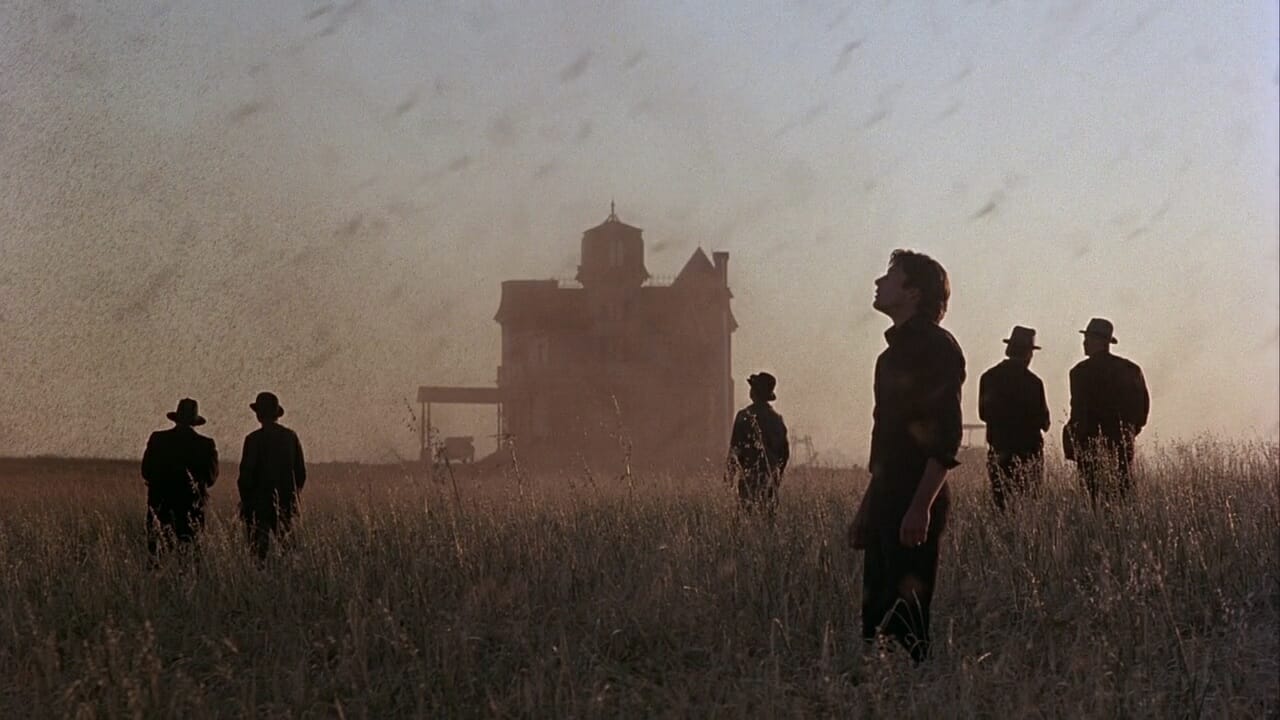-
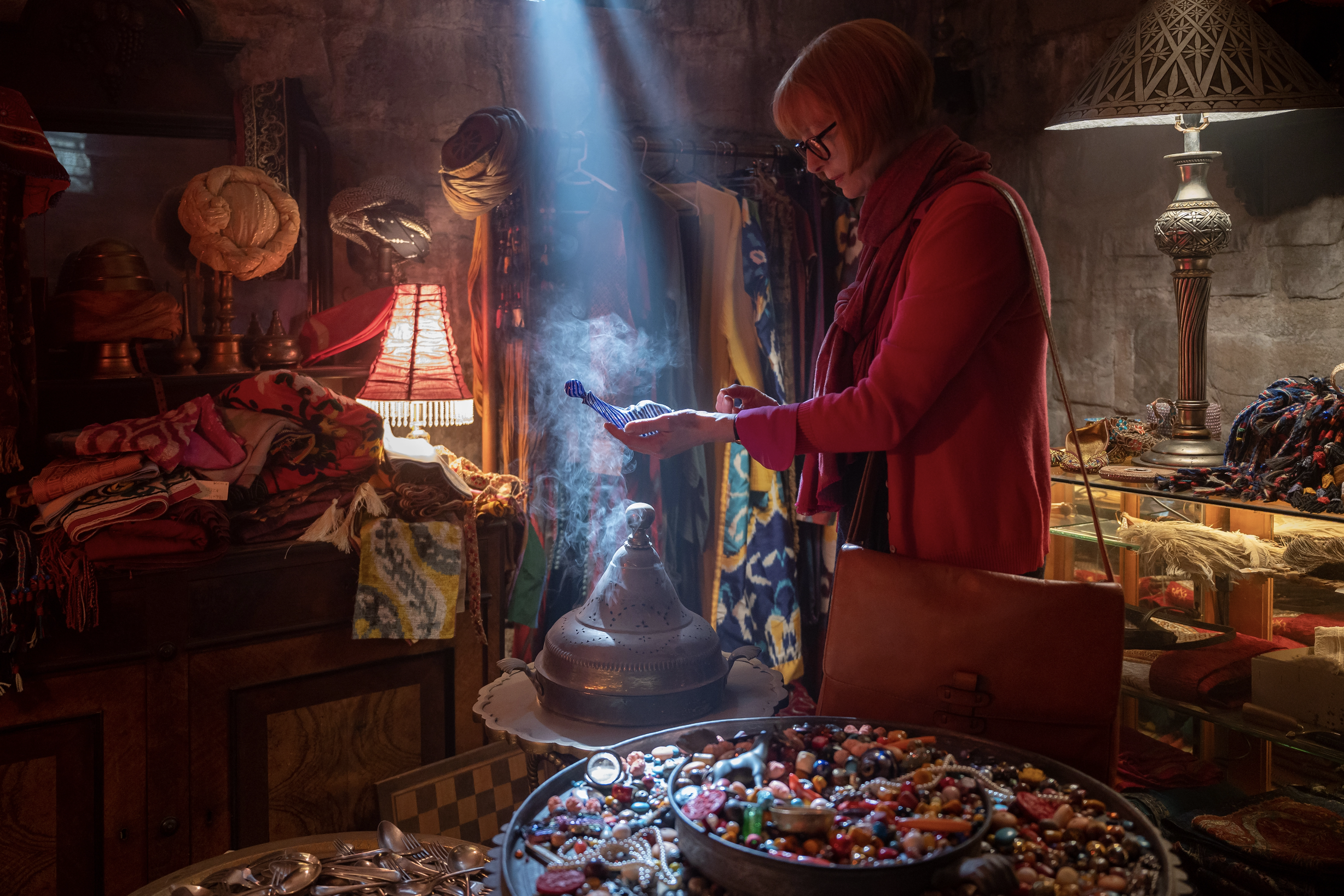
Three Thousand Years of Longing (2022)
The awareness of storytelling conventions that one lonely scholar brings to her meeting with a Djinn in Three Thousand Years of Longing offers George Miller’s self-conscious metanarrative great passion for its artistic traditions, crafting an uneven yet vivid collage of fairy tale motifs greater than the sum of its mythological fragments.
-
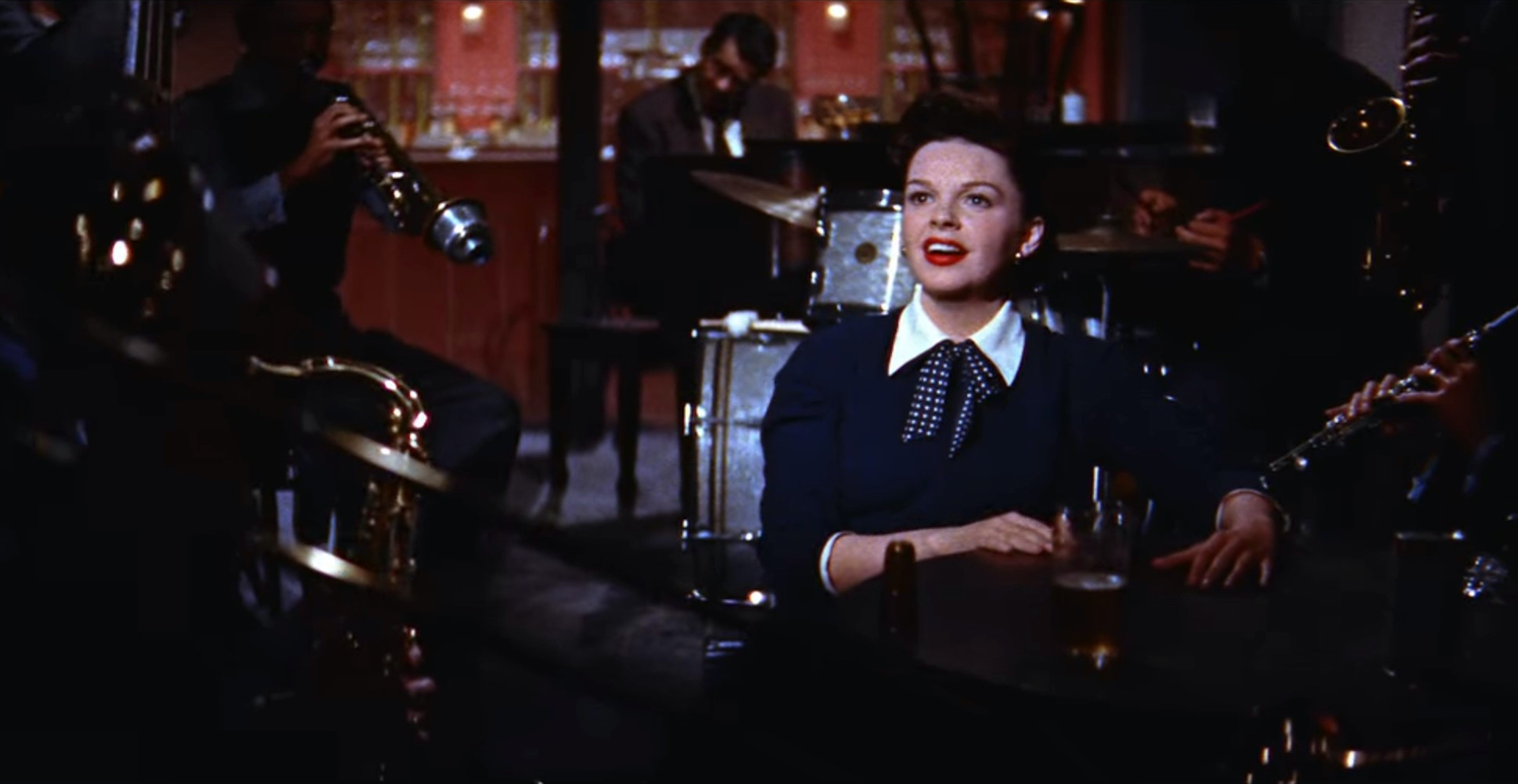
A Star is Born (1954)
With its light romance and dark tragedy moving along inverse trajectories, the archetypal narrative of A Star is Born may be the closest thing Hollywood has to a modern fairy tale, and it is in the precise balance of both that George Cukor’s vibrant take on it stirringly paints out the brief life cycle of…
-
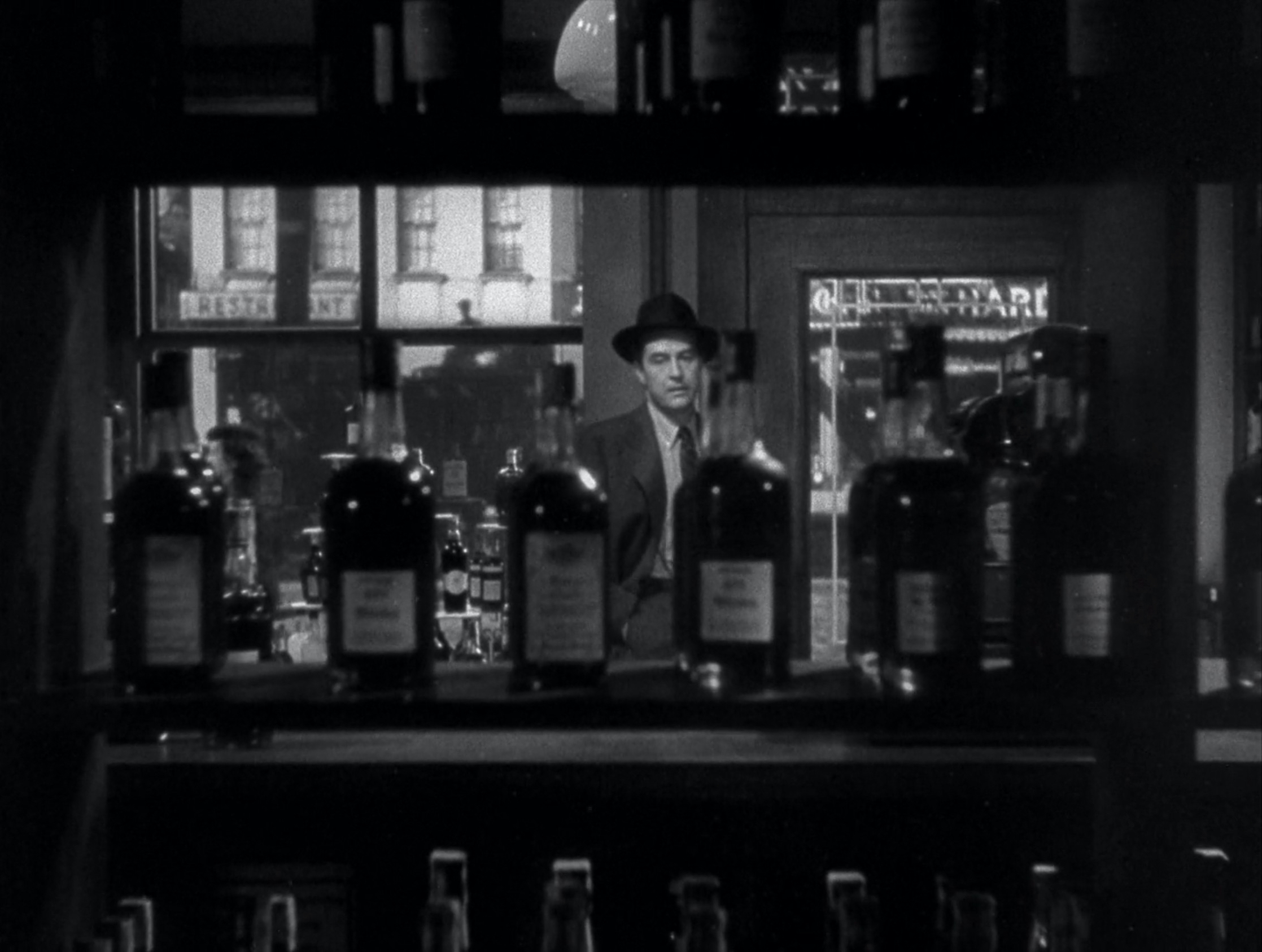
The Lost Weekend (1945)
Alcoholic writer Don Birnam may be totally infatuated with his vice, and yet the steady downward slide that Billy Wilder sets him on in The Lost Weekend sinks him deeper than he has ever been before, building out this compelling journey to rock bottom through intoxicating motifs and richly drawn characterisations that paint out an…
-
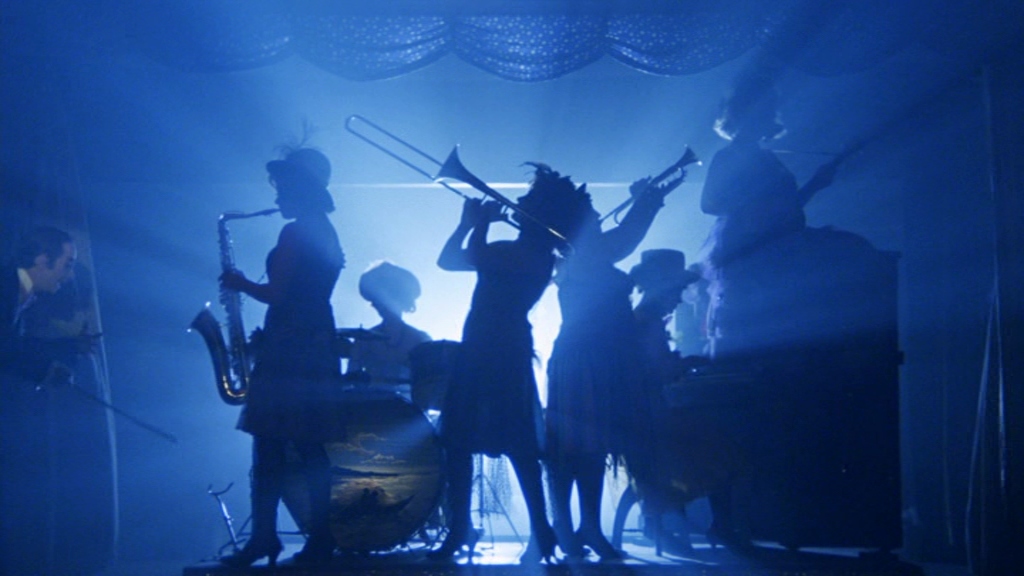
Cabaret (1972)
For the bohemian misfits of Cabaret, it is easy enough to believe that the Kit Kat Club is a safe refuge to escape the angry politics of 1930s Germany, but as Bob Fosse skilfully intercuts its musical numbers with scenes of hope, love, and violence, we discover the chilling tension that exists between the dwindling…
-

Waves (2019)
The rich duality of Trey Edward Shults’ compelling drama, narrative structure, and colour palettes bakes a symmetry deep into the formal construction of Waves, pivoting his rich portrait of one African-American family on a tragic turning point that divides their lives into two distinct periods of before and after, skilfully balancing out an oscillation between…
-
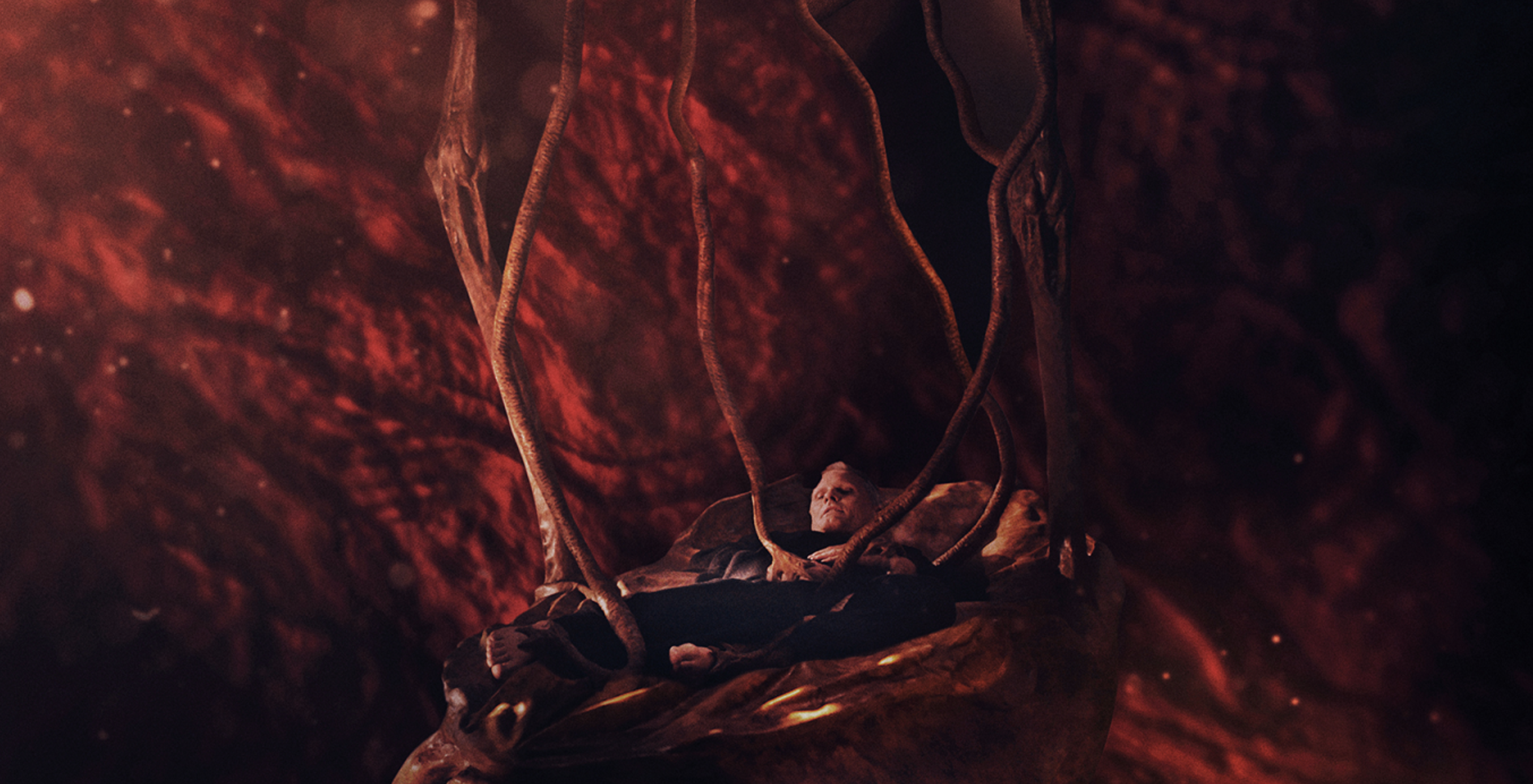
Crimes of the Future (2022)
There may be some rustiness on David Cronenberg’s part in returning to body horror filmmaking after two decades, but his blend of film noir and science-fiction in Crimes of the Future nevertheless makes for an intriguingly grim contemplation of bodily autonomy, artificial evolution, and artistic expression, seeking to reveal the primal anarchy in humanity’s raw,…
-
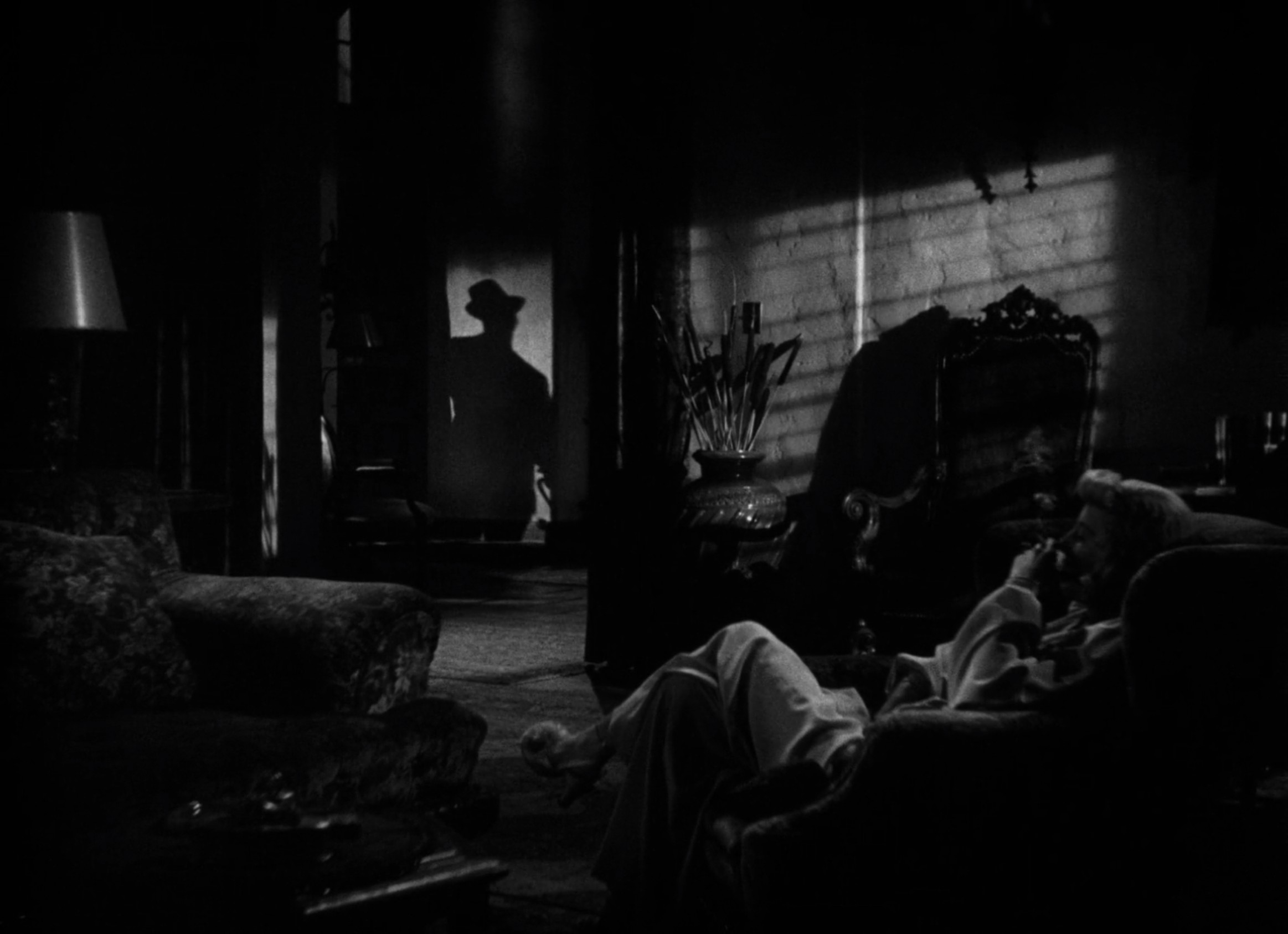
Double Indemnity (1944)
There are few film noirs one could point to that typifies the genre more than Double Indemnity, where Billy Wilder’s gloriously expressionistic set pieces and passionately cynical writing evolves one man’s macabre curiosity into a hideous corruption of his soul, absorbing him in a murder plot almost as tightly wound as the gripping narrative that…
-
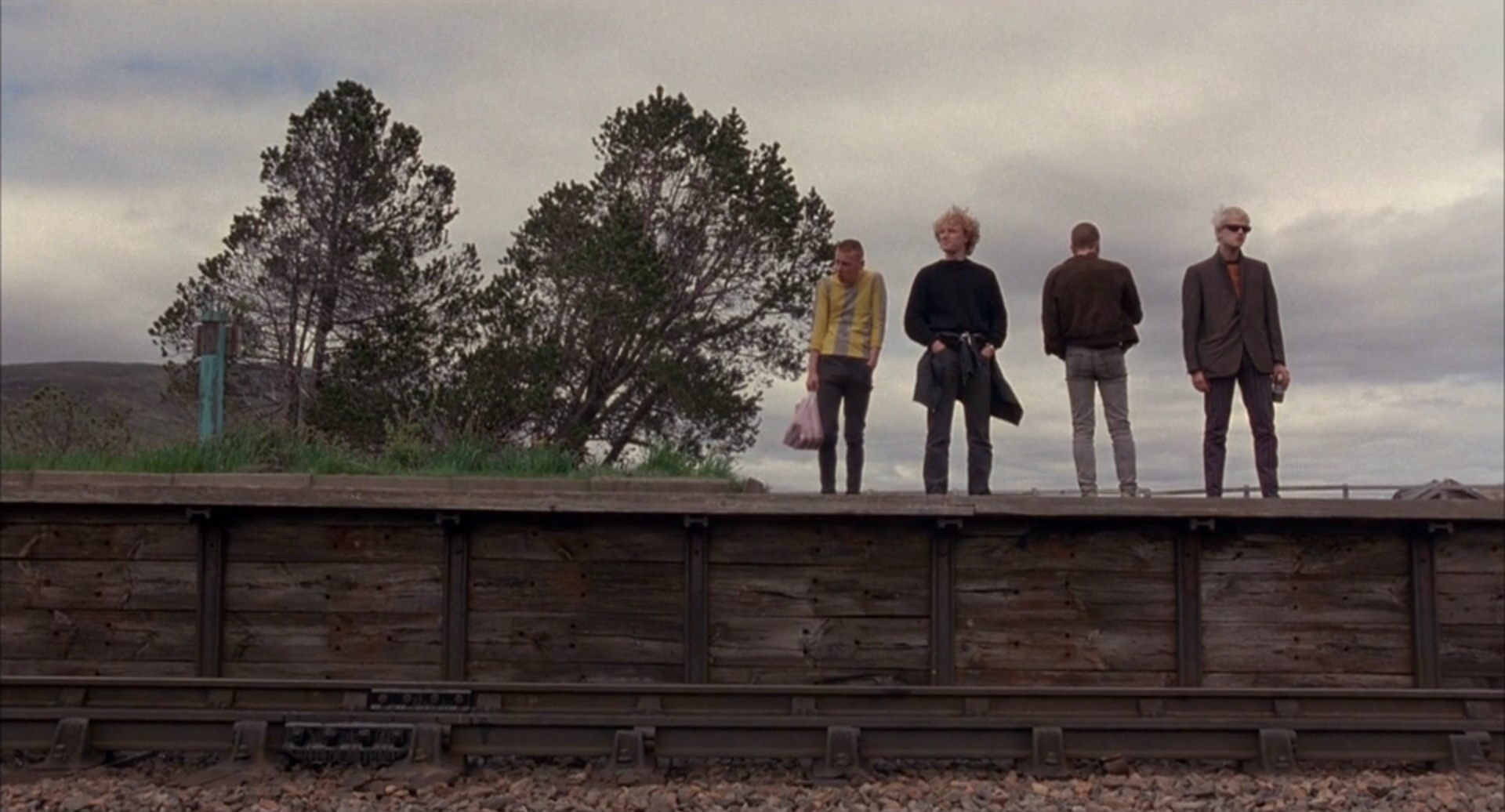
Trainspotting (1996)
Danny Boyle’s kinetic pacing, surreal trips, and intoxicating camerawork not only match the edgy vigour of Ewan McGregor’s cynical Scottish drug addict in Trainspotting, but he also uses them as distractions from the crushing despair lying just outside its bubble of energetic thrills, drifting through vignettes that stage a darkly comedic battle between primal temptation…
-

Kimi (2022)
Steven Soderbergh updates classic thriller conventions with pandemic-related concerns in Kimi, using its vigorous camerawork and tightly wound plotting to deliver a gripping take on cyber-age insecurities, twisting our most personal social anxieties into a cynical vision of a tech-driven society where privacy is void and the most frightening prospect of all is simply leaving…
-
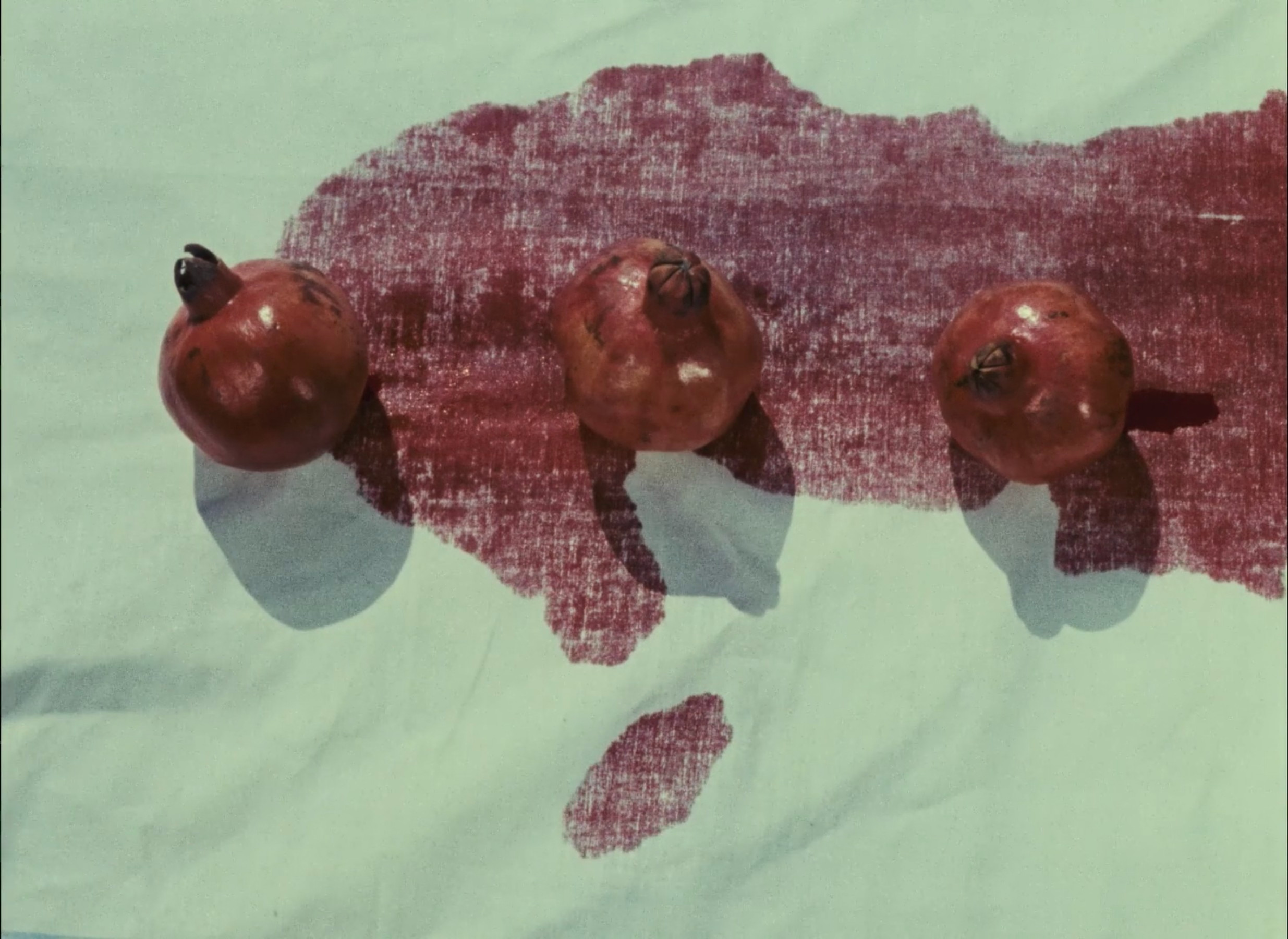
The Color of Pomegranates (1969)
It is not the factual details of Sayat-Nova’s life that The Color of Pomegranates seeks to explore in its hypnotic surrealism, but rather his inner creativity that gave birth to such enchanting music and poetry, and it is through Sergei Parajanov’s elusive imagery that it stands as a mystifying tribute to Armenia’s rich history and…
-
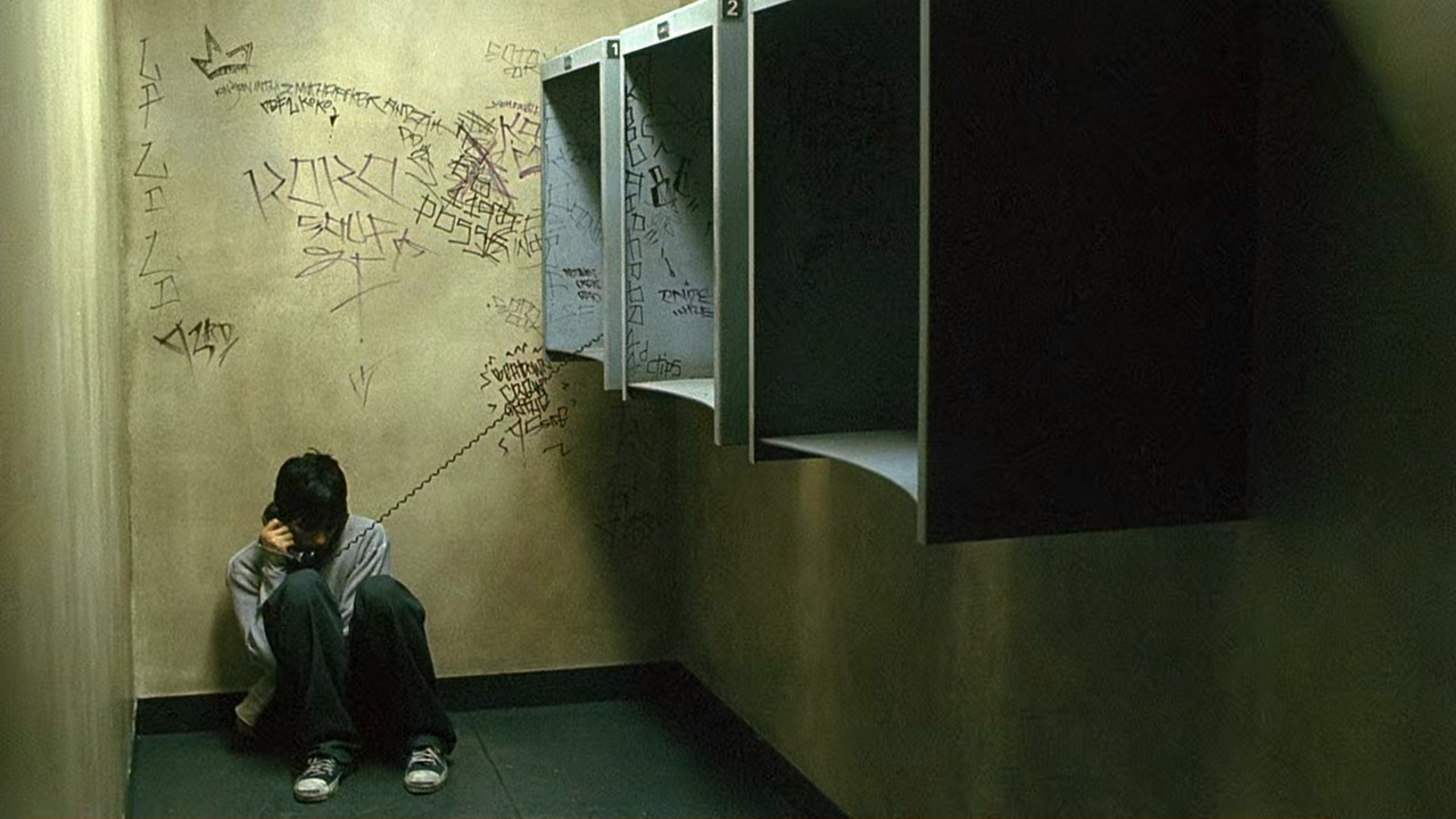
Requiem for a Dream (2000)
Though it mourns the souls of the deceased in the way its title suggests, Requiem for a Dream even more fully evokes a nightmare of disorientating maximalism that oversees a total degradation of humanity, as Darren Aronofsky draws on the existential horror of drug addiction in his aggressive editing to pessimistically conjure up an ensemble…
-
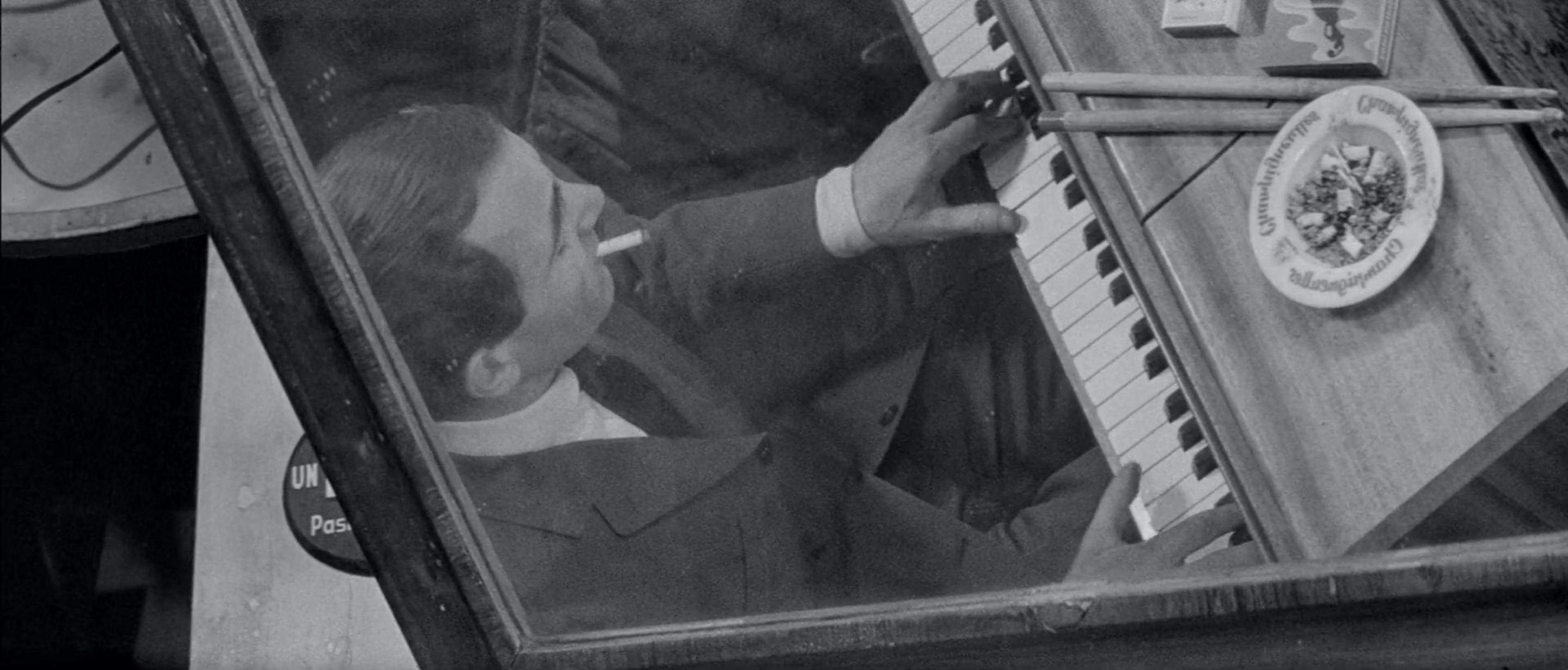
Shoot the Piano Player (1960)
François Truffaut’s graceful camerawork and inspired editing delightfully engage in the jaunty lightness that flows from one mysterious bar pianist’s lithe fingers, though for all his lively formal experimentation, Shoot the Piano Player also seeks to understand the wistful tragedies and romances of a reclusive man hiding behind cheerful musical expressions.
